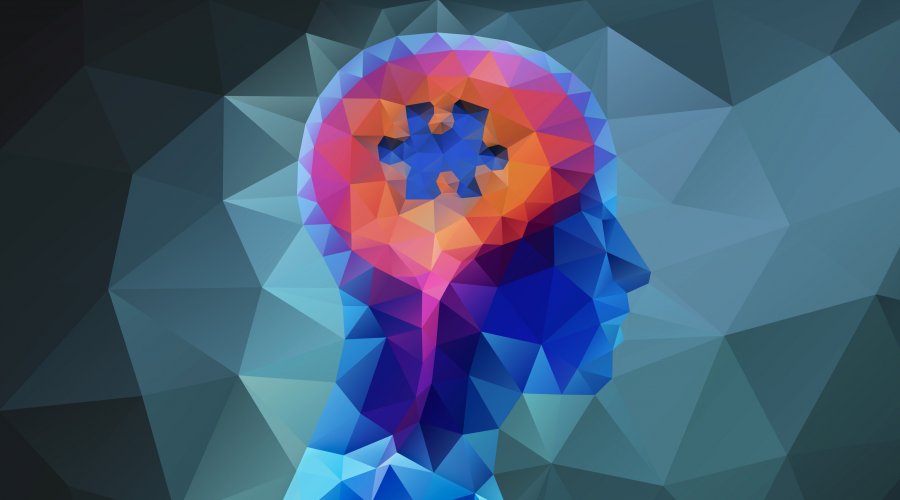Alzheimer’s is a progressive form of dementia, which interferes with memory, thinking and behavior.
Alzheimer’s disease progresses slowly into seven stages, wherein the symptoms worsen over time. The seven stages include: (i) no impairment; (ii) very mild decline; (iii) mild decline; (iv) moderate decline; (v) moderate severe decline; (vi) severe decline and (vii) very severe decline. Each patient of Alzheimer’s progresses from one stage to the next at different rates. However, on an average, a diagnosed patient may live upto 4 to 8 years after being diagnosed. In rare cases, patients may also live upto 20 years.
Early onset of Alzheimer’s
You may identify Alzheimer’s in your loved ones when you notice them exhibiting the following symptoms:
1. Memory loss: patients may forget information they just learnt very easily and may ask for the same information multiple times.
2. Trouble planning and problem solving: patients may find it difficult to make plans and stick to them. It might also be hard for them to solve problems, especially with numbers involved.
3. Daily tasks are a challenge: their ability to drive, or perform other activities that they have been performing for a long time may diminish progressively.
4. Times and places are confusing: patients may feel extremely disoriented; for example, they may forget where they are and how they got there.
5. Changes in vision: they may find it hard to read words on a page or even differentiate between colours that are similar.
6. Words and conversations may be frustrating: as vocabulary becomes hard and patients cannot remember many words, conversing with anyone may be frustrating.
7. Losing things: patients may lose and misplace their belongings frequently.
8. Social withdrawal: patients may lack belongingness and motivation. They might spend a lot of time sleeping, rather than performing activities they like.
9. Mood changes: patients may experience mood swings and may feel upset more often than usual.
Lapse in judgement: patients may also make poor decisions and often do not realise the consequences of them.
These behavioural changes occur due to changes that occur in the brain due to Alzheimer’s disease.
Changes that occur in the brain during Alzheimer’s
During healthy ageing, the brain typically shrinks but does not lose a large number of neurons. However, in Alzheimer’s disease, the damage is widespread as many neurons stop functioning and die. During this, the processes of communication, metabolism and repair are disrupted.
At first, Alzheimer’s destroys neurons and their connections in the brain involved in memory, such as the hippocampus. It later affects areas, such as the cerebral cortex, responsible for language, reasoning and social behaviour. Finally, as the disease progresses, most of the brain is damaged and the patient gradually becomes unable to function independently.
What you should do if you notice your loved one showing symptoms of Alzheimer’s
If you think your loved one might be showing the symptoms of Alzheimer’s disease, it is important to visit a neurologist or a mental health professional to get a diagnosis as early as possible. Neuropsychological assessment combined with a detailed clinical interview can help guide the treatment process better. An early and accurate diagnosis of Alzheimer’s disease can help you and your loved one with time to plan the future efficiently.
How can we at Synapsium help you?
At Synapsium, we offer a wide range of services for the elderly. We conduct assessments to recognize memory and behaviour concerns among the elderly and provide rehabilitation services catered to the dementia diagnosis.
Contact us to know more.
Authorship: Ashni Kothari

